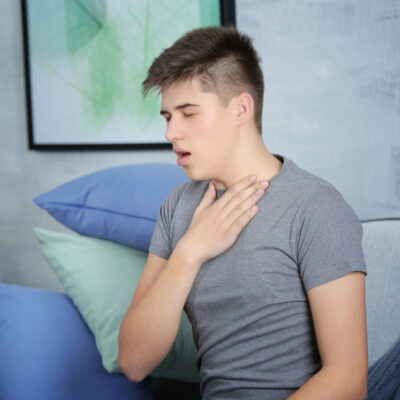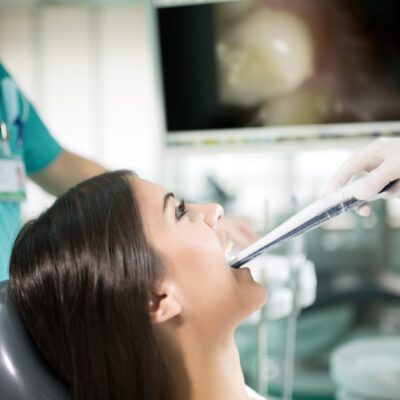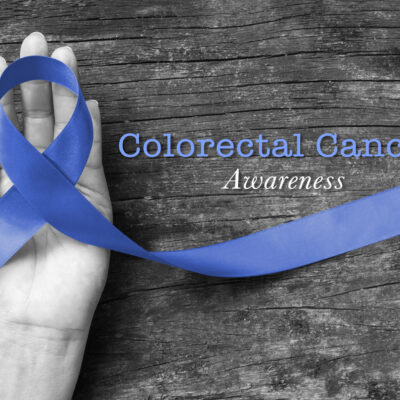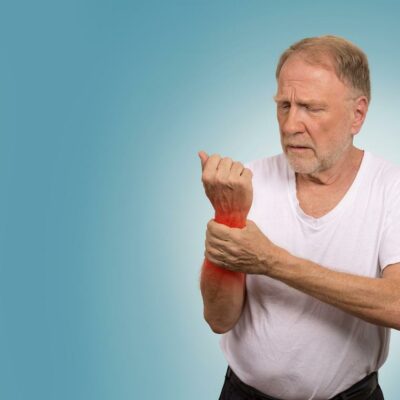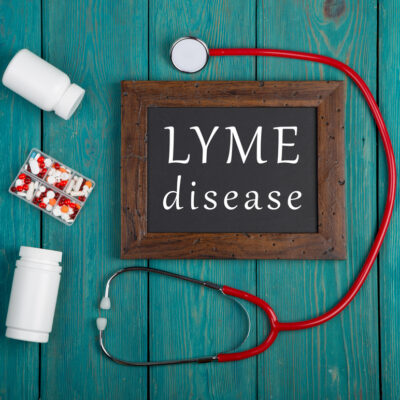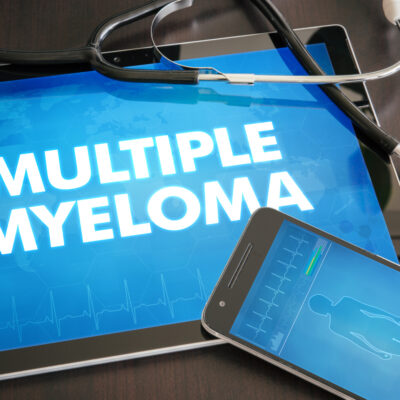
General Health
A brief introduction to cystic fibrosis
Cystic fibrosis is an inherited genetic disorder that affects the cells of the sweat ducts, mucous membranes, and the digestive juices in the body. It primarily affects the lungs and the pancreas. Fluids produced by the body like sweat, mucus and digestive juices are usually very thin, but in people with cystic fibrosis, these fluids become congealed and thick. Instead of lubricating the body’s ducts and passageways, they block them and hamper further production of these fluids. Cystic fibrosis is almost always diagnosed before the age of 2 years, although in rare cases, an affected person may not exhibit any symptoms until adolescence or adulthood. Symptoms Since screening for cystic fibrosis is performed on every newborn in the country, the condition is usually detected within the first month of birth before any symptoms arise. The symptoms, when they arise, mostly affect the respiratory and digestive systems. A higher than normal level of salt is present in the sweat of those affected by this condition. Those who were diagnosed late experience more atypical symptoms like recurrent pancreatitis or pneumonia and infertility. Respiratory symptoms like a persistent and chronic cough that produces sputum, wheezing, shortness of breath, frequent lung infections, and inflamed nasal passages are common.
Read More 